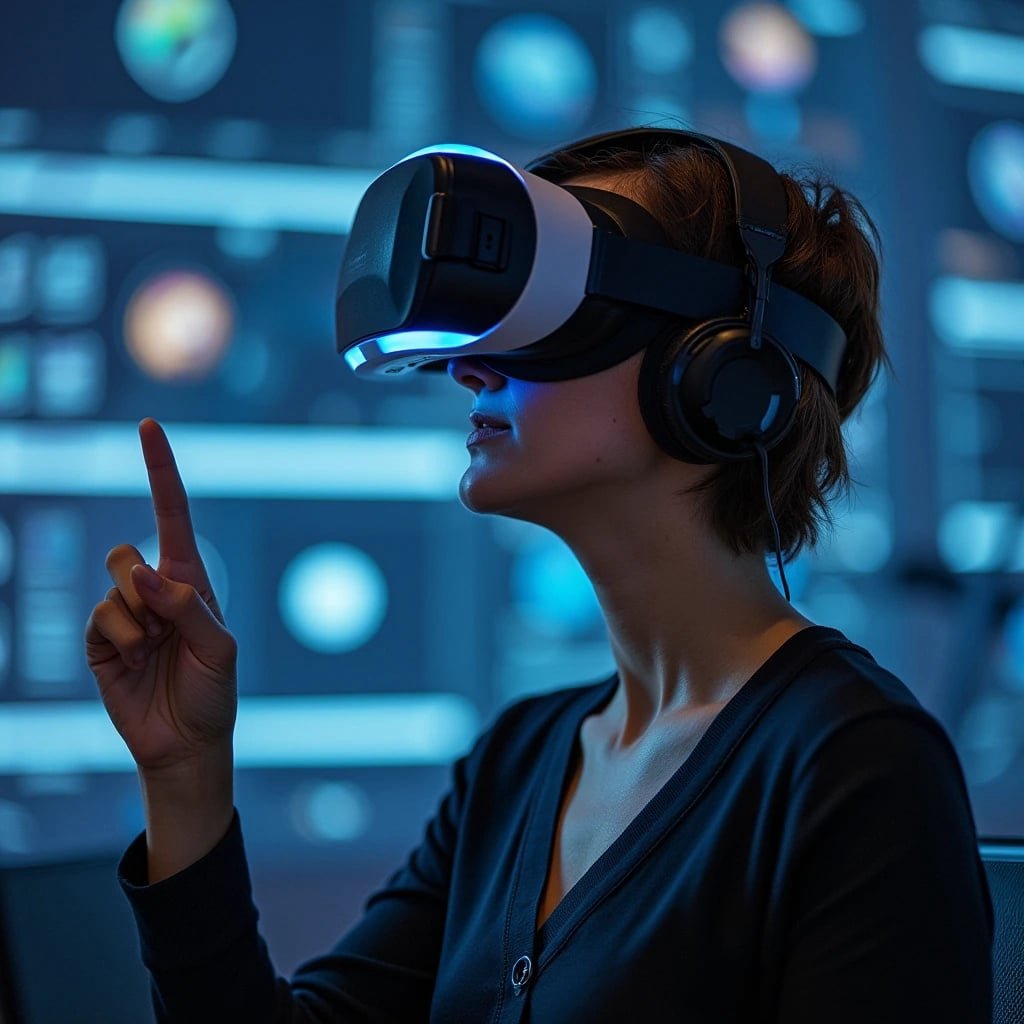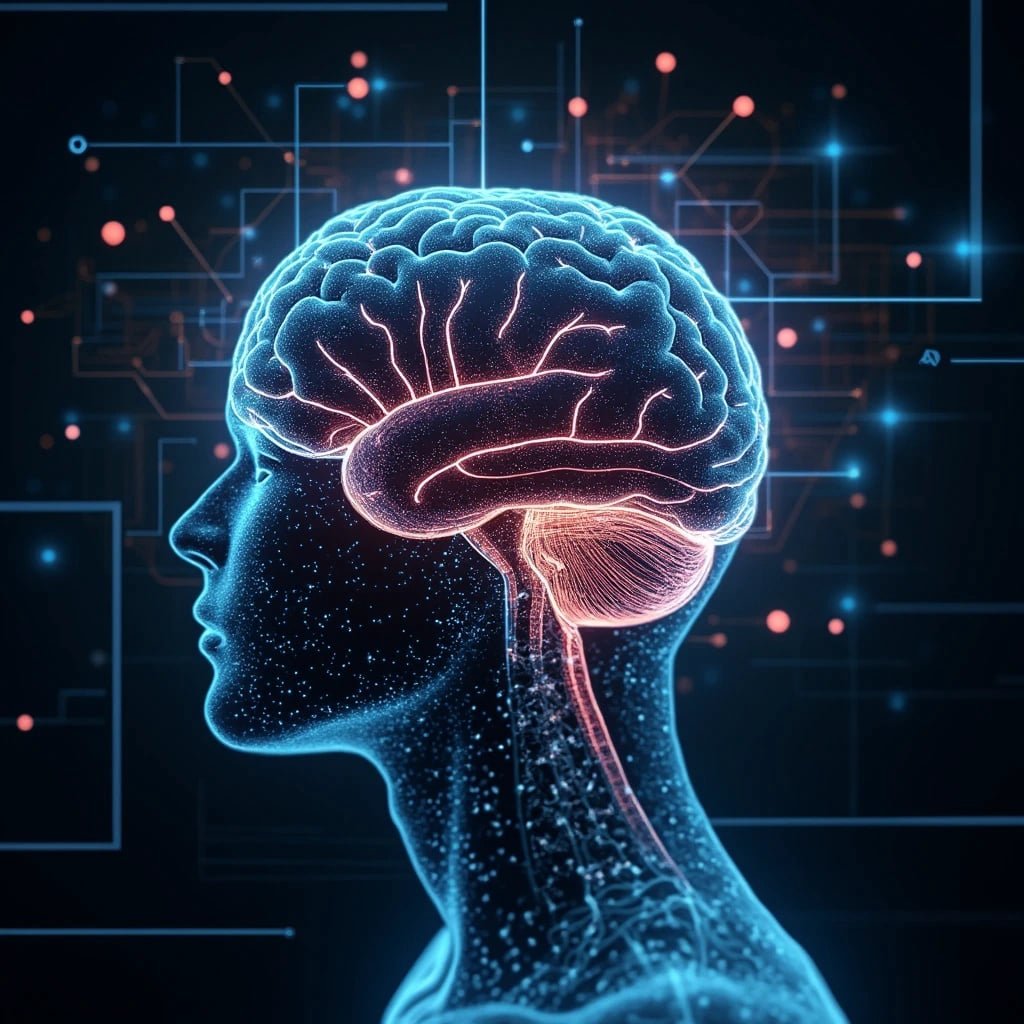
History of Artificial Intelligence Development
The development of Artificial Intelligence (AI) began in the mid-20th century when the concept of machines that could think like humans was first introduced. In the 1950s, Alan Turing’s work on computing and the famous Turing Test laid the foundation for AI research. Over the following decades, progress was slow, with early AI systems struggling to perform even simple tasks. However, in the 1980s, the introduction of machine learning algorithms allowed computers to learn from data, leading to significant advancements. In the 2000s, the rise of big data and improved computational power accelerated AI’s development, enabling machines to perform increasingly complex tasks. Today, AI is a part of many industries, transforming sectors like healthcare, finance, and more, and continues to evolve at a rapid pace.

